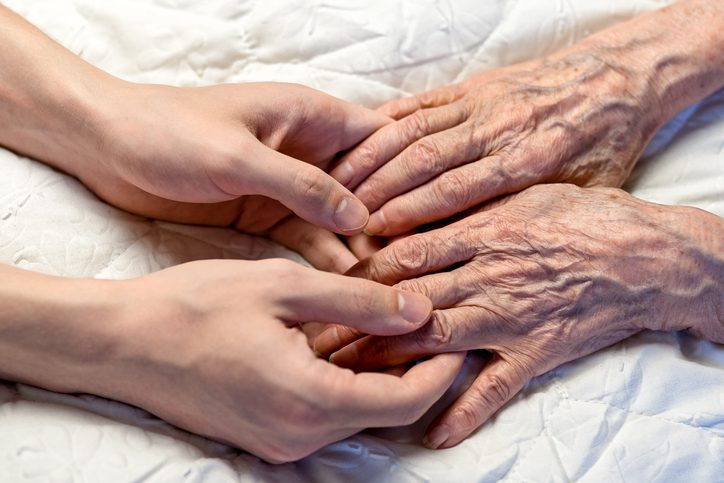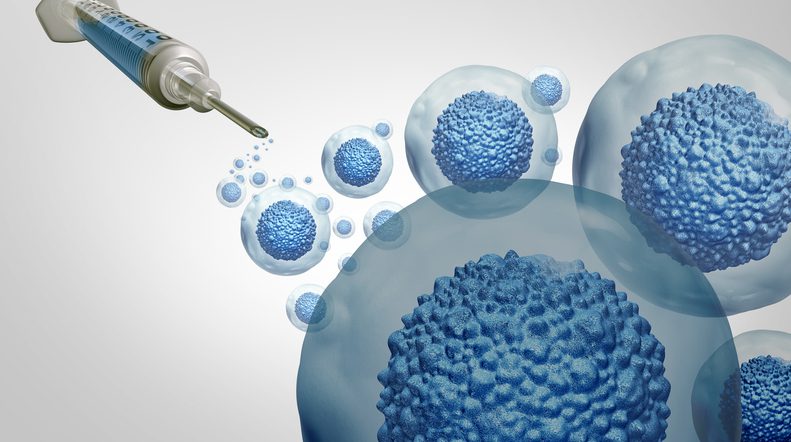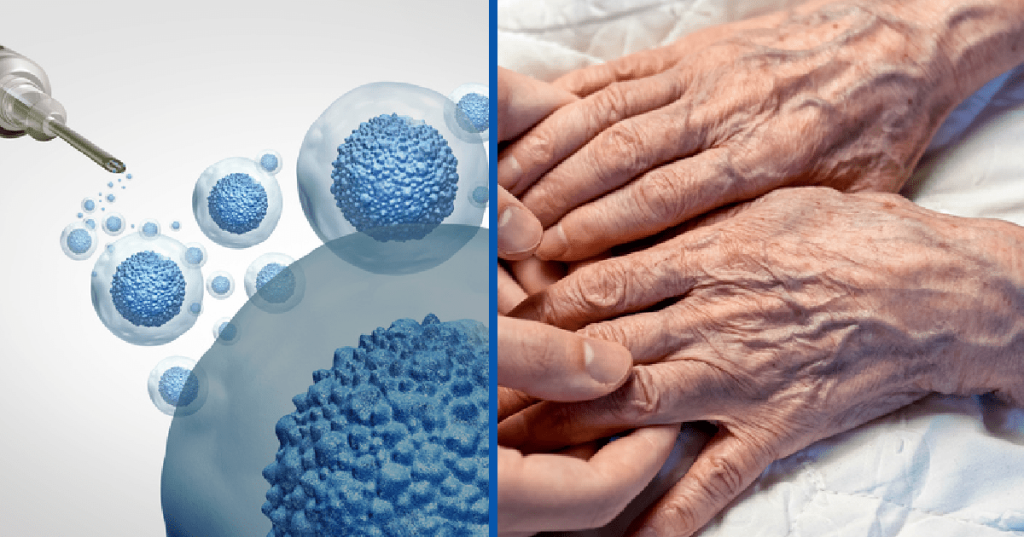They say you’re only as young as you feel, but I’m not sure that after a certain age that necessarily applies. People are looking younger for longer, they’re staying fit well past middle age, but if you ask most older folks when they started to feel old, I bet they would say “around 70.”
Now scientists think they have discovered why that seems to be the age where most people start to notice a decline – and it could be the start of a bunch of new research into how to slow the aging process.

Image Credit: iStock
Researchers from the Sanger Institute in Cambridge discovered that our blood changes as we age, increasing our risk of developing certain diseases and hampering our immune function.
They analyzed both blood cells and haematopoietic cells (young blood cells with the potential to become red or white blood cells or platelets) and sequenced the genomes of all 10 people (between the ages of 0 and 80+).
The results revealed that the stem cells mutated an average of 17 times per year after birth, also losing around 30 base pairs a year from their telomeres.
Telomere shortening can be influenced by things like lifestyle as well as aging and age-related diseases.

Image Credit: iStock
For adults 65 and under, their blood is made up of a diverse community of stem cells, but once they hit 65+, those diverse stem cells drop from around 20,000 to just 100.
By the age of 70, a person’s blood is being crafted by a small population of faulty stem cells, making their blood poorer in quality. This also puts older people at higher risk for sickness and makes recovery time much longer, too.
It sounds like bad news, but understanding why our health drops off dramatically at a certain age could be the beginning of figuring out how to fix that – and keep people feeling healthy for longer.
Study co-author Dr. Elisa Laurenti thinks the possibilities are endless.
“We predict that these factors also bring forward the decline in blood stem cell diversity associated with ageing. It is possible that there are factors that might slow this process down, too. We now have the exciting task of figuring out how these newly discovered mutations effect blood function in the elderly, so we can learn how to minimize disease risk and promote healthy ageing.”

Image Credit: iStock
If people are living longer and longer, it sure would be nice to do it more gracefully – or at least to not feel as if we’re 100 years old before we actually get there.
Here’s to progress!






